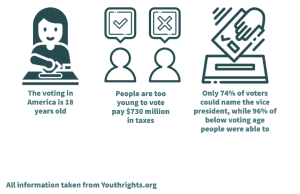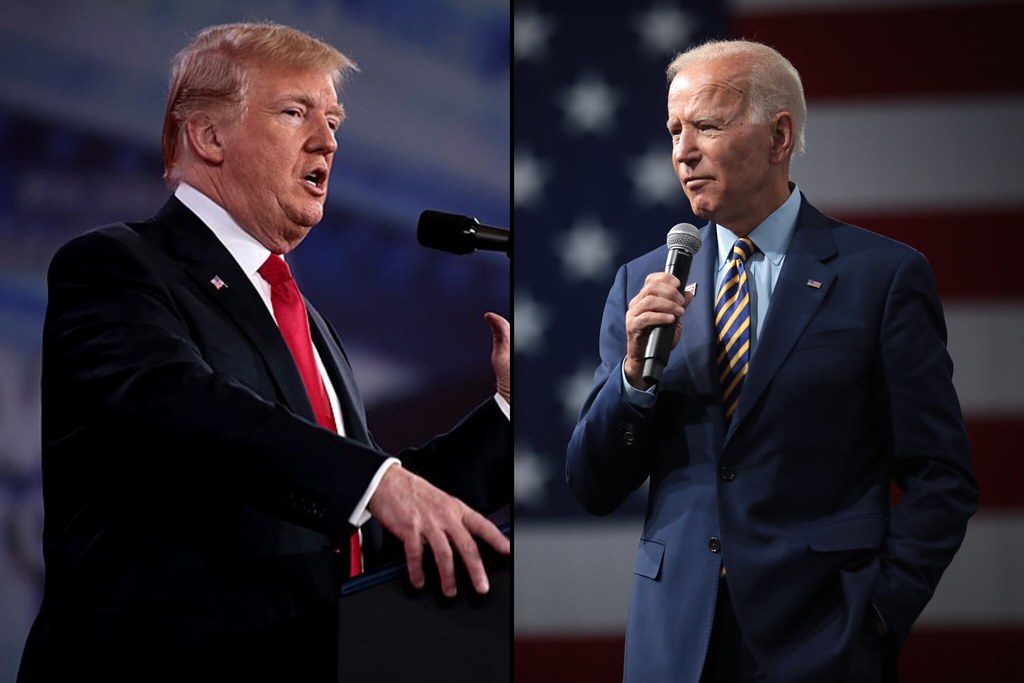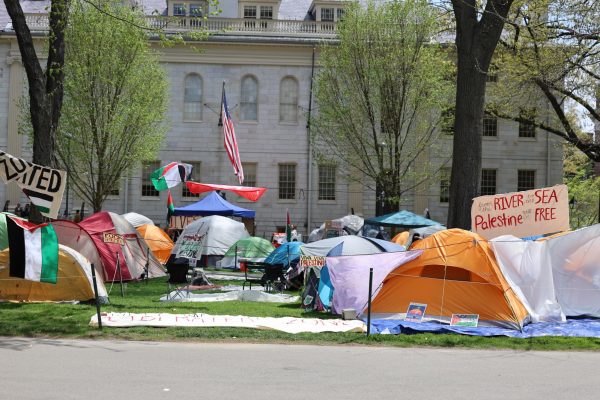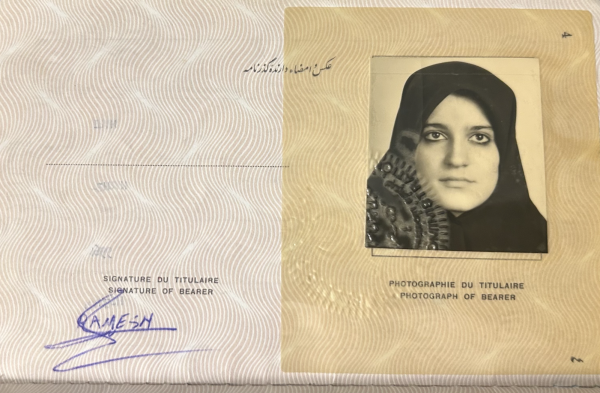Pro
January 24, 2023
Although amending a concrete institution in our democracy may seem daunting at first, the voting system and its rules regarding eligibility for citizens have evolved with the nation. Due to the changing political landscape as well as younger people getting more involved in the systems of our country, it is a logical step to reduce the voting age from 18 to 16 in the United States.
First, we need to test out this change in local counties and other municipalities. By doing so, it will become clearer if people between ages 16 and 18 participate in voting. Although many dismiss people in this age range as being too immature or uneducated on political issues to vote, there is ample evidence to prove that teenage advocacy for political issues and overall turnout will increase if younger people are able to vote.
Allowing some high school students to vote will help get them introduced to and involved in the voting process but also advocacy for issues that they care about. On a local scale, people could vote on topics that affect them, like electing the members of the public school board and each member’s agenda.
Also, 16 year olds are able to drive, pay taxes and work. So why not let those who are affected by these laws vote on potential changes to them along with other issues?
In Austria, which is the only country that allows 16 year olds to vote in all elections, voter turnout for that age range was lower than that of other age groups. However, their vote “quality,” meaning the issues they voted for combined with the reason for voting, was equal to that of the majority of the voting population. For example, teens voted for people whose political beliefs aligned with theirs as opposed to voting for candidates who were not qualified or had a legitimate agenda.
However, allowing younger people to vote wouldn’t just increase turnout for themselves. According to a study by Tufts University, allowing 16 and 17 year olds to get involved in politics and their civic duty to vote also increased turnout in older groups of citizens. Based on the research, children would start conversations with their families about local issues more often, causing more people of all ages to be involved in the political system.
If more teenagers were able to vote, it may help cause change in our government, particularly regarding the issue of gun violence and school shootings.
In 2022 alone, there were 300 school shootings, according to the K-12 School Shooting Database. Why shouldn’t students, who are most affected by this violence, be able to make their voices heard by voting to create new laws that prevent more tragedies from happening in the classroom?
High school students and teenagers are a group that is doubted by the rest of the population. Many believe that they are unable or unwilling to make rational decisions when it comes to voting, and that is simply untrue. With teens being directly impacted by government decisions, it is imperative that they are able to take action by participating in our political system.















chinedu Prevail • Nov 23, 2023 at 2:13 pm
This is amazing